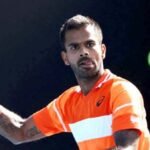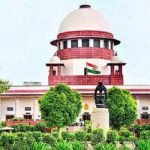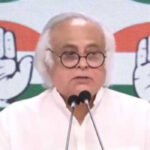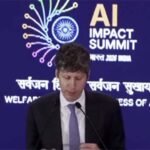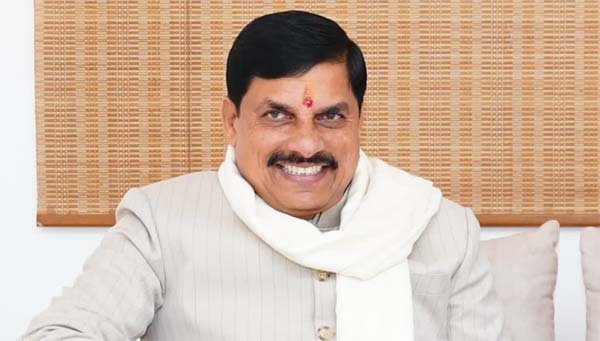New Delhi, Aug 19 (UNI) The Constitution Bench of the Supreme Court, while hearing the Presidential Reference under Article 143 on issues relating to Bills, observed today that it was exercising only its advisory jurisdiction and not sitting in appeal over the recent judgment in the Tamil Nadu Governor case, which had laid down timelines for the President and Governors to act on Bills.
“We will be expressing just a view of law, not on the decision in the Tamil Nadu case,” Chief Justice of India B.R. Gavai remarked, responding to preliminary objections raised by the States of Kerala and Tamil Nadu regarding the maintainability of the Reference.
Justice Surya Kant added, “We are in advisory jurisdiction, we are not in appellate. Under Article 143, the court can render an opinion that a certain judgment does not lay down the correct law, but it will not overrule the judgment.”
The Bench also comprises Justice Vikram Nath, Justice P.S. Narasimha, and Justice A. Chandurkar.
It commenced Tuesday’s hearing with the preliminary objections presented by Senior Advocate K.K. Venugopal for Kerala and Senior Advocate Dr. Abhishek Manu Singhvi for Tamil Nadu.
Both argued that the questions raised in the Reference had already been substantially addressed in the Tamil Nadu Governor case by a two-judge bench, and therefore the advisory jurisdiction could not be invoked to revisit settled issues.
CJI Gavai, however, questioned Venugopal on the impact of Article 145(3), which requires matters of substantial constitutional importance to be heard by a Constitution Bench of at least five judges.
The CJI noted that none of the judgments cited in relation to Governors of Punjab, Telangana, or Tamil Nadu had been delivered by benches of five judges.
At this stage, Attorney General R. Venkataramani pointed out that he had specifically sought a larger bench reference in the Tamil Nadu Governor case, a request that had not been considered by the two-judge bench.
Venugopal maintained that under Article 141, judgments of any bench of the Supreme Court are binding.
“The Supreme Court is being asked to sit on judgments already decided. This is wholly outside Article 143, because my lords can’t touch a judgment under Article 143,” he contended, citing earlier references such as the Cauvery and 2G matters.
He further argued that the present Reference effectively amounts to one by the Union Government, since the President acts on the aid and advice of the Council of Ministers.
Dr. Singhvi supported this stance, submitting that Article 143 cannot be used as an intra-court appeal or a substitute for review or curative petitions.
Referring to the Cauvery Reference, he stressed that questions already settled in judgments cannot be reopened under Article 143. While acknowledging that the 2G Reference did clarify a point of law,
Dr Singhvi highlighted that it had not disturbed the binding decision between the parties.“Inter-se decision cannot be touched in Article 143, because it would be subversive of all judicial principles,” Singhvi said.
He warned that if the present reference were allowed to proceed, it would create an anomalous situation the law would remain one thing for Tamil Nadu under the earlier judgment, but different for the rest of the country if the Court’s advisory opinion were to differ.
The hearing on the preliminary objections will continue.



